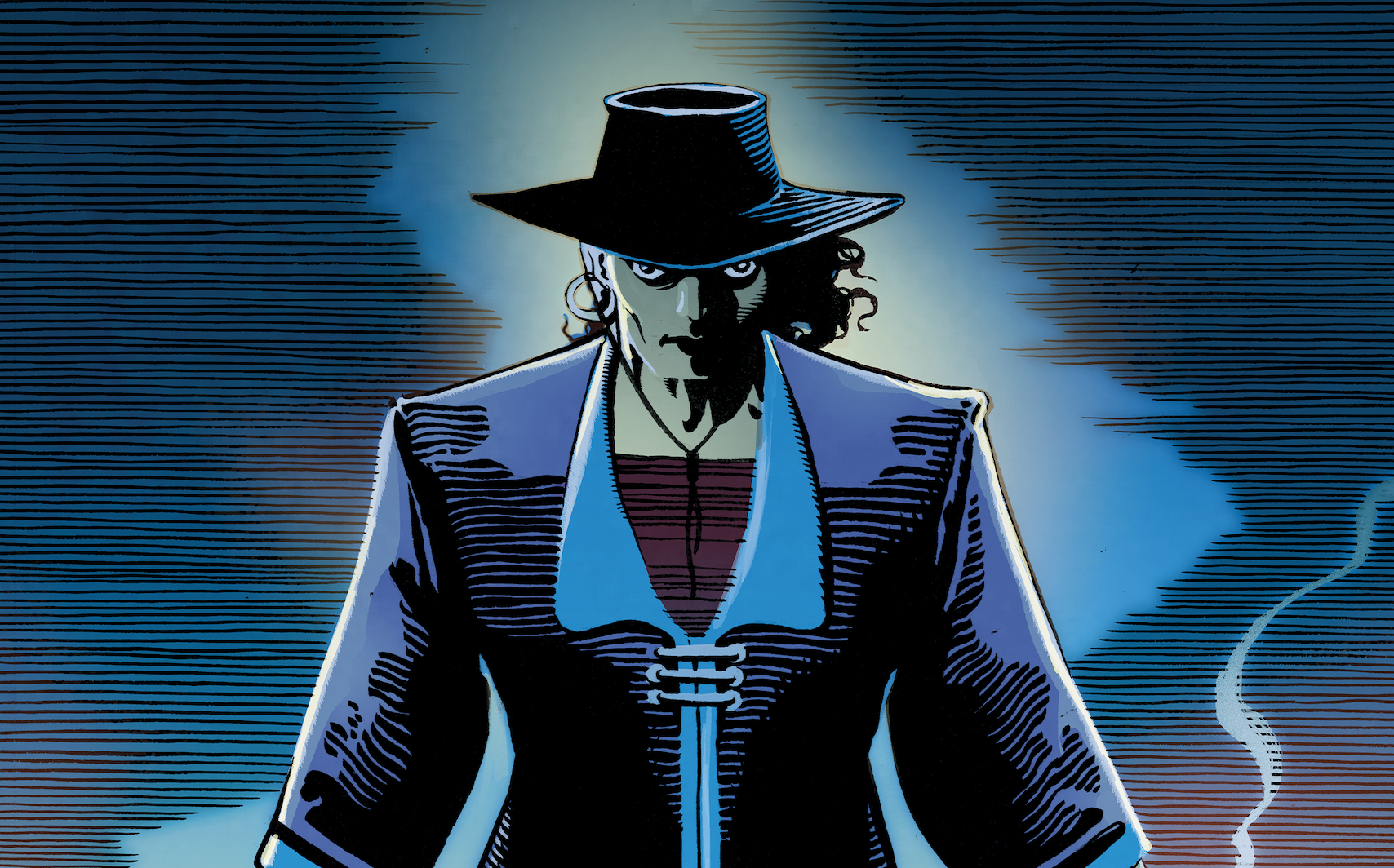
We’re not sure how this managed to go unnoticed in the creative arts world for so long, but the New York Metropolitan Opera is finally fixing its blatant gender problem (whether incidentally or on purpose). Since its launch in 1880, the “Met”, as it is more commonly referred to, has only featured works by 2 female composers. The first was ‘Der Wald’ by English composer and suffragist Ethel Smyth in 1903 (we highly approve that it was a suffragist’s work on display!) and the second will happen this year starting in September which will be Finnish composer Kaija Saariaho’s ‘L’amour de Loin’.
Yep, it only took 113 years! In their recently announced 2016-17 season, the Met will stage a total of 26 works featuring some of the classics as well as 6 new works, including Kaija’s production.
“We’re always trying to find ways to satisfy confirmed opera lovers, as well as excite new ones,” the Met’s general manager Peter Gelb told the New York Times.
Although the season officially kicks off on September 26, ‘L’Amour de Loin’ won’t begin until December. It will be conducted by Susanna Malkki who is also making her company debut, and will coincide with a number of Kaija Saariaho’s works being performed around New York during the season.

‘L’Amour de Loin’ is a medieval love story set in Lebanon. The title translates to “Love From Afar”, and tells the story of Jaufre Rudel, the celebrated 12th century French troubadour. The opera, which is in French, revolves around his passion for the countess of the Lebanese city of Tripoli, whom he had never met in person. is a medieval love story set in Lebanon.
The opera first launched 16 years at the Salzburg Festival and has since become an award-winning production, but the news of its debut at the Met brings a whole new credibility given that is it breaking the iconic institution’s major gender drought.
“It’s a shock. It just shows how slowly these things evolve. But they are evolving — in all fields and also in music,” Kaija told the New York Times.
Avid opera observer Brian Wise, writing for FiveThirtyEight, believes the Met should be far more bold in its choices of works each season, since they are facing a decline in interest along with an aging membership. Where it goes most wrong, he says, it that it continually banks on success of 4 major works which have become predictable staples almost every season – Puccini’s ‘La Bohème’, Bizet’s ‘Carmen’, Verdi’s ‘La Traviata’ and ‘Aida’.
“The three most-performed works in Metropolitan Opera history will all appear next season, as is so often the case. But for the Met, which is the country’s largest and most influential opera company, their unrivaled popularity can present a challenge: How can it expand its repertoire while being dependent on the top tier’s popularity?” he asks.

“The Met hopes to see newcomers become the confirmed opera lovers of tomorrow, but creating a path from “La Bohème” to an arcane gem by Handel or a premiere by Nico Muhly is not a simple proposition. If there’s a way forward, it involves a healthy opera ecosystem in which the old favorites, lesser-known operas and contemporary works co-exist and opera-goers are steered from one to the next,” he concludes.
But it’s not just New York that has a problem, as Elizabeth Davis at Classicfm.com points out. She says most major opera houses are not paying enough attention to the works of female composers, period.
“One of the first operas ever written, ‘The Liberation of Ruggiero from the Island of Alcina’ in 1625, was penned by the highest paid musician at the court of Tuscany, and her name was Francesca Caccini. Fast-forward 400 years and you’ll be lucky to find a single opera by a female composer being staged in any major opera house anywhere in the world. And you’ll search in vain for a production of an opera by a female composer in the opera houses of the UK,” she writes, while adding the news of the Met’s addition of ‘L’amour de Loin’.
And it’s not as if they female composers don’t exist either. Elizabeth lists a few: Princess Amalie of Saxony (1794-1870), Germaine Tailleferre (1892-1983), Ethel Smyth (1858-1944), Judith Weir, Roxanna Panufnik, and Unsuk Chin.
“Wouldn’t it be great to have more Weir mixed in with the Wagner, more Panufnik alongside Puccini and more Tailleferre jostling with Tchaikovsky? We can’t do anything to change the dominance of male composers on the opera stages of the past, but we’re lucky enough to live in a time when women are writing some of the most exciting music around. Let’s give their work the space – and attention – it deserves,” she concluded.

However, there SHOULD be something women can do about the dominance of male composers, and it starts with critics, fans and the media pointing out the bias.
Perhaps one way that we can see is to start engaging classical music and art fans from a young age, ensuring opera traditions and popularity translate across multiple generations. But major opera houses like the Met need to be aware of how audiences pay attention to news such as the glaring omission of works written female composers.
Over in the UK, a high school student made news when she started campaigning the education system to include more female composers in high school exams. London student Jessy McCabe took issue with the fact that out of 63 composers’ works included in music exams, not one of them was written by a female. With the help of local politicians, she managed to get the attention of the school board who in turn are now revising their music exam to include the works of women!
If the absence of women is being noticed by students at an early age, we think the Met and all other major Opera houses in the world would do well to acknowledge how they can gain the interest of a new legion of fans by diversifying their productions.
For now, the inclusion of Kaija Saariaho’s ‘L’amour de Loin’ is a start, we just hope it won’t be another 113 years for another female to appear in their season!


















10 thoughts on “New York’s Metropolitan Opera To Produce It’s 1st Female-Written Production Since 1903”